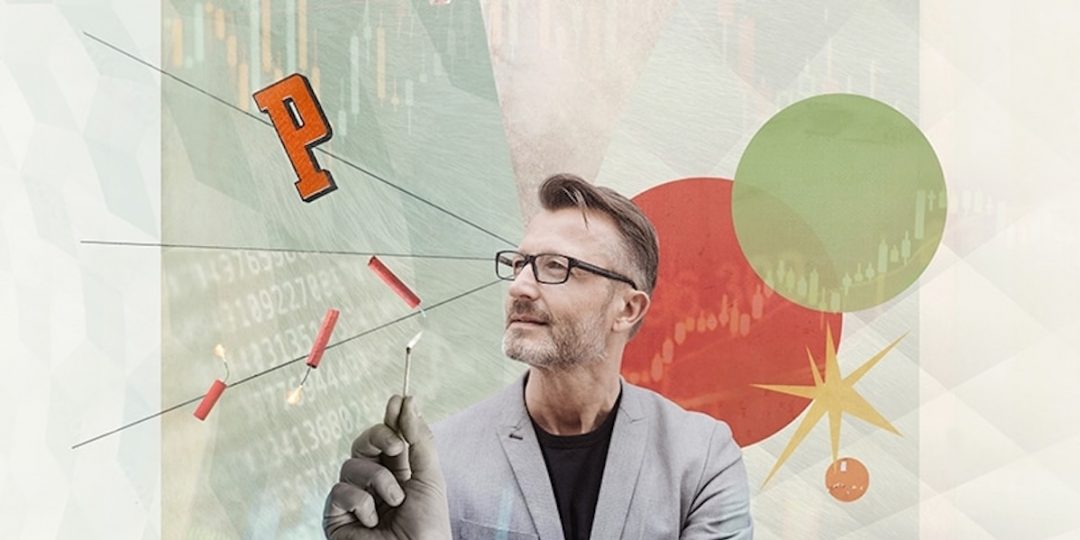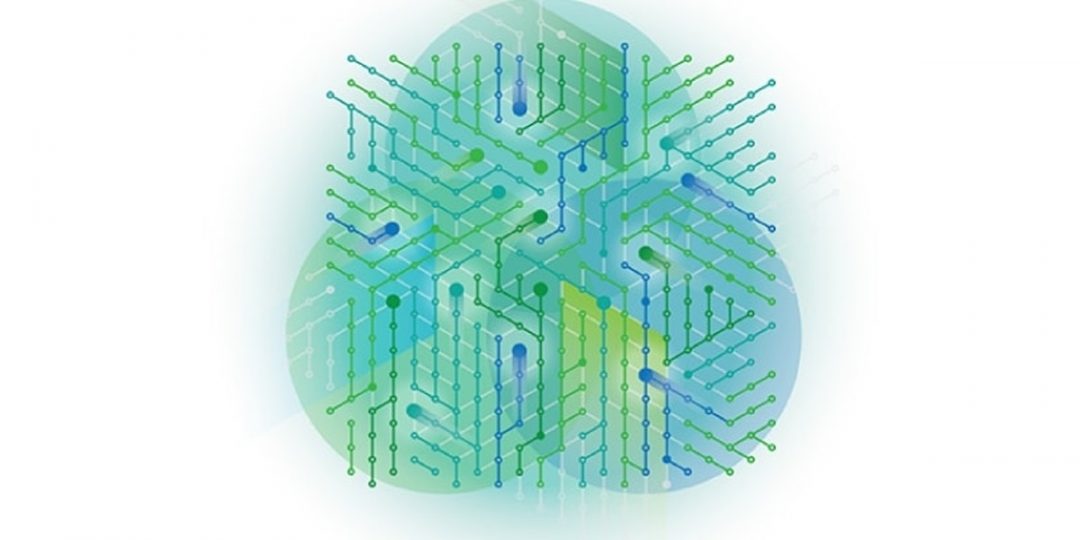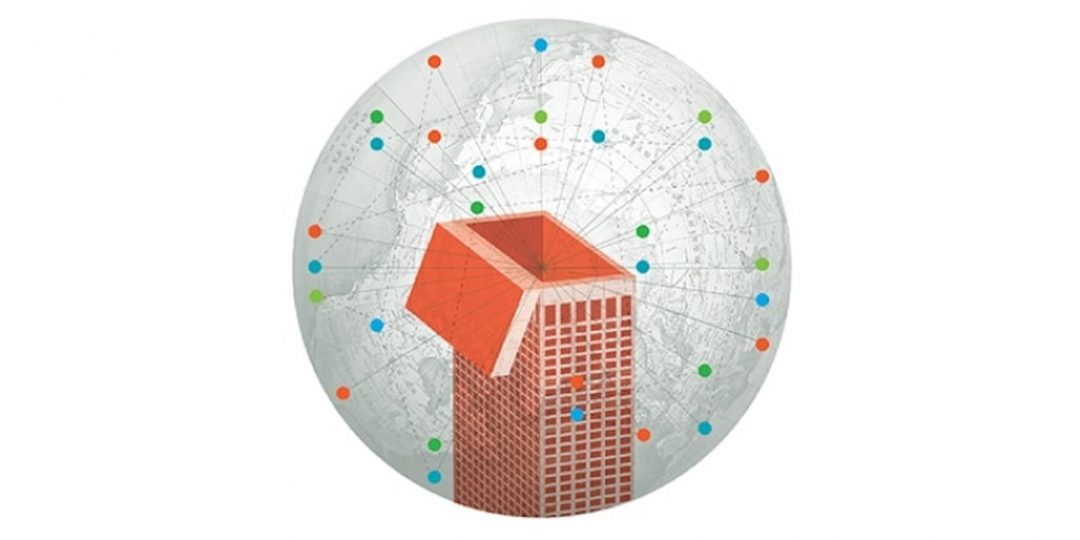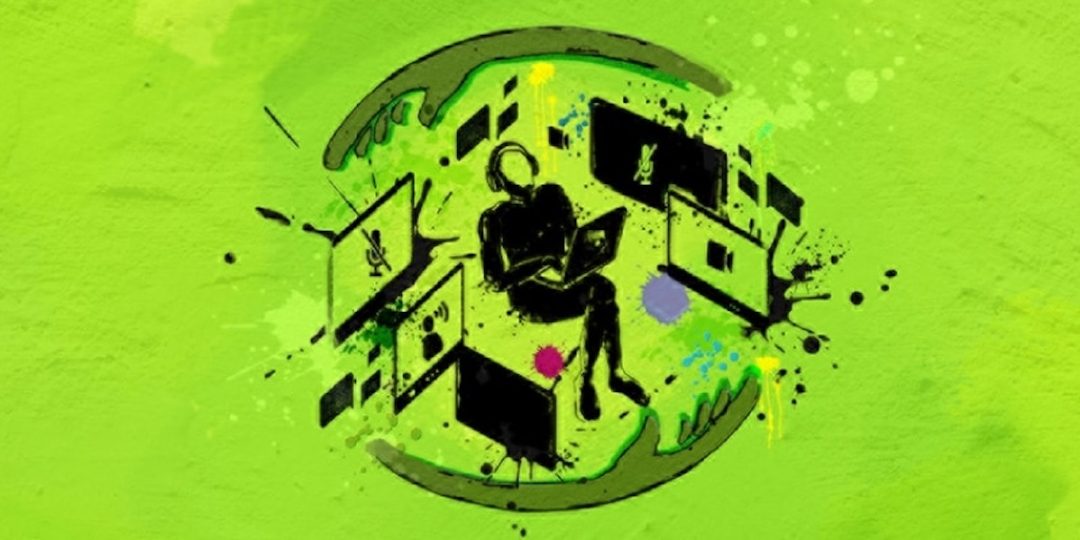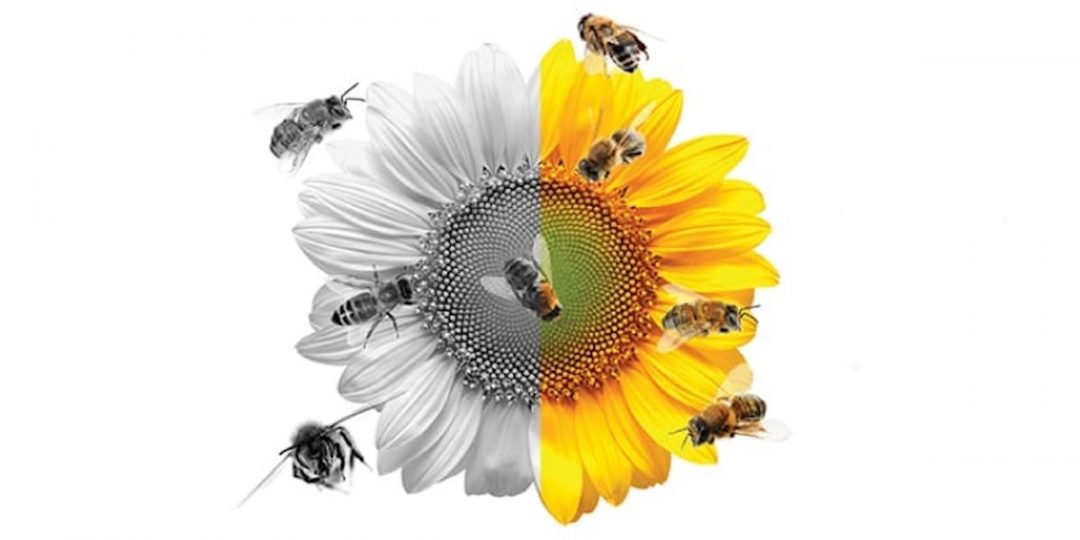In uncertain times, leaders should embrace ambiguity and adopt an “act to decide” approach, taking small, exploratory actions to navigate unpredictability. This method prevents premature commitments based on incomplete data and fosters adaptability. By tolerating uncertainty and leveraging interconnected ecosystems, organizations can thrive.
Continue readingCategory: Work, worker, workplace
Gen AI’s other use
The hype for generative AI doesn’t seem to be dying off. This is unsurprising as—unlike the metaverse, blockchain, and crypto—the technology is providing demonstrable benefits. We’re clearly in the installation phase where mad experimentation is the rule rather than the exception.
A lot of the mad experimentation we’re seeing is focused on either integrating new things into a LLM, or on jamming a LLM into some existing solution to ‘revolutionise’ it. There’s some great stuff in there—a wealth of new LLM-powered creative tools is enabling us to unleash our artistic urgers. On the other hand, integrating a LLM with an online learning platform is useful, but unlikely to be revolutionary.
Continue readingFlourishing in ambiguity
To adapt to today’s ambiguous and uncertain market, leaders need to shift from the traditional approach of deciding to act to one of acting to decide. Doing this means embracing uncertainty to foster a culture that values exploration and learning. Leaders need to manage their tolerance for ambiguity and cultivate attitudes and behaviours that enable effective engagement with uncertainty, viewing it as a source of ideas and opportunities rather than something to be avoided.
Continue readingInvesting in creative potential
We have a new essay published by Deloitte Insights, Investing in creative potential. This essay is the third in our series on creativity in business, and explores how a firms leader’s invest to improve the firm’s creativity. The challenge that there is more to creativity than individual skill, and so simply training staff in some creativity technique (such as design thinking) will do very little to improve creativity. We need a more holistic approach.
Continue readingNegotiating the Digital-Ready Organization
We have a new essay published by Deloitte Insights, Negotiating the digital-ready-organisation, a collaboration with Alex Bennett at NTT. This builds on our previous work on the transition to working digitally, Reconstructing the workplace, by trying to imagine what this future workplace might look like.
Continue readingSetting the stage for creative performance
We have a new essay published by Deloitte Insights, Setting the stage for creative performance.> This essay is the follow-on to Unshackling the creative business from a couple of months ago.
Continue readingReconstructing the workplace
We have a new essay published on Deloitte Insights, Reconstructing the workplace: The digital-ready organisation. The essay follows on from The digital-ready workplace from last month. (We do seem to be publishing at a surprising rate at the moment.)
Continue readingWhat skills gap?
A lot of angst has been devoted to discussing the skills gap—the large and growing gap between the skills workers hold and those sought by employers. Reports have been written quantifying the skills gap, how it’s a drag on the economy, or estimating just how much the economy might boom if we manage to close it. One estimate has closing the gap as adding US$11.5 trillion to global GDP by 2028.
Think pieces and TED talks promote “the skills you need”. Training schemes and education incentives have been implemented to reskill workers, providing them with new skills, skills more relevant to a digital age. Despite these efforts, the skills gap continues to grow. It’s now ‘catastrophic’, a ‘critical issue’ for educators, employers and government.
The problem is that the more we’re looked into the skills gap, the less we’re convinced that it’s a problem. This isn’t to say that there aren’t challenges we must overcome as we sail into our digital future—it’s just that the skills gap doesn’t seem to be one of them.
Continue readingThe digital-ready workplace
We have a new essay published in Deloitte Insights, The digital-ready workplace: Supercharging digital teams in the future of work, a collaboration with Rosemary Stockdale from Griffith Business School and Tim Patston from UniSA STEM at the University of South Australia.
Most (if not all) research groups have done a survey on the affect working from home has had—this is ours, though it’s ended up in a different place. We start by trying to understand the relative merits of a push or pull approach to support workers during the transition, where push is the usual “give them the tools and training we think they’ll need” while pull is empower and support workers in finding their own tools. Generally, a push approach works well when the challenge is understood beforehand, while a pull approach is better when the challenge is not well understood as it enables workers to adapt. We’d heard anecdotal stories that firms had taken different approaches, and we were wondering how the relative benefits and problems stacked up. What we discovered, once the data started coming in, was that we were asking the wrong question.
Continue readingUnshackling the creative business
We have a new essay published in Deloitte Insights, Unshackling the creative business: Breaking the tradeoff between creativity and efficiency. Creativity is seen as an import capability for an organisation to be successful in today’s volatile, uncertain, complex and ambiguous (VUCA) world. Significant effort has been invested in fostering creativity in business, effort which sadly is often wasted. This essay looks at why this might be the case and what we can do about it.
Continue reading


